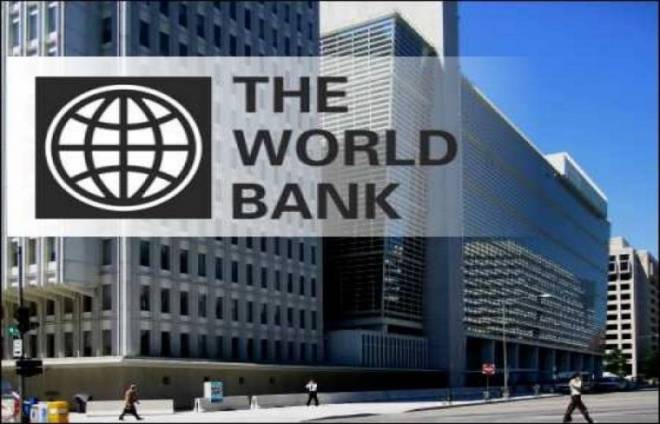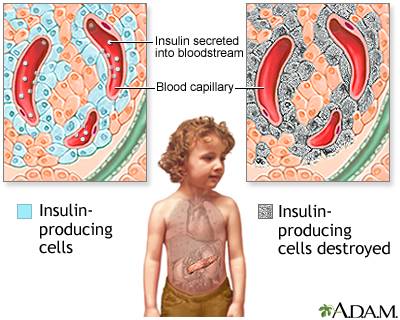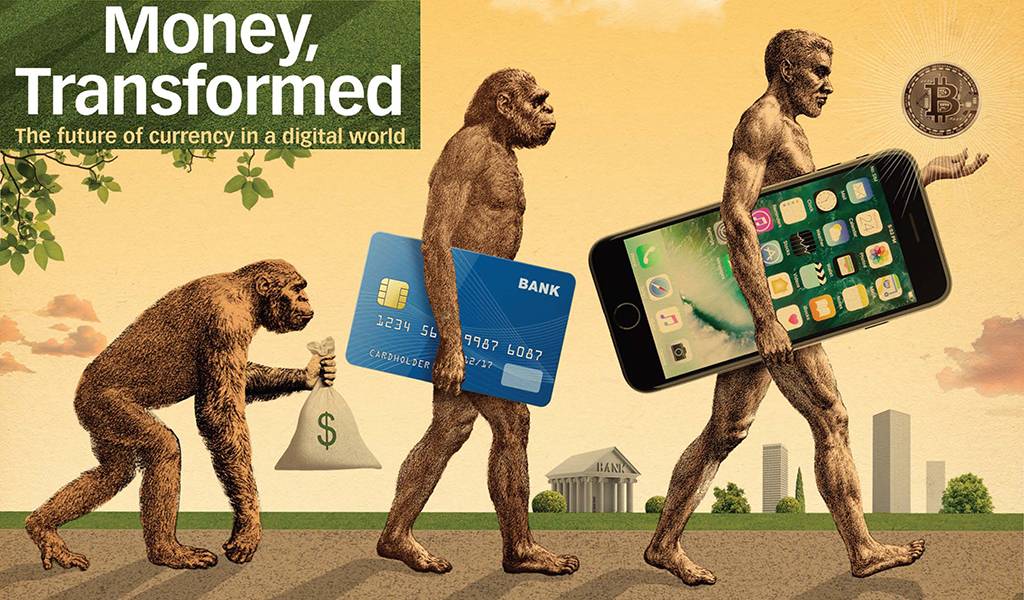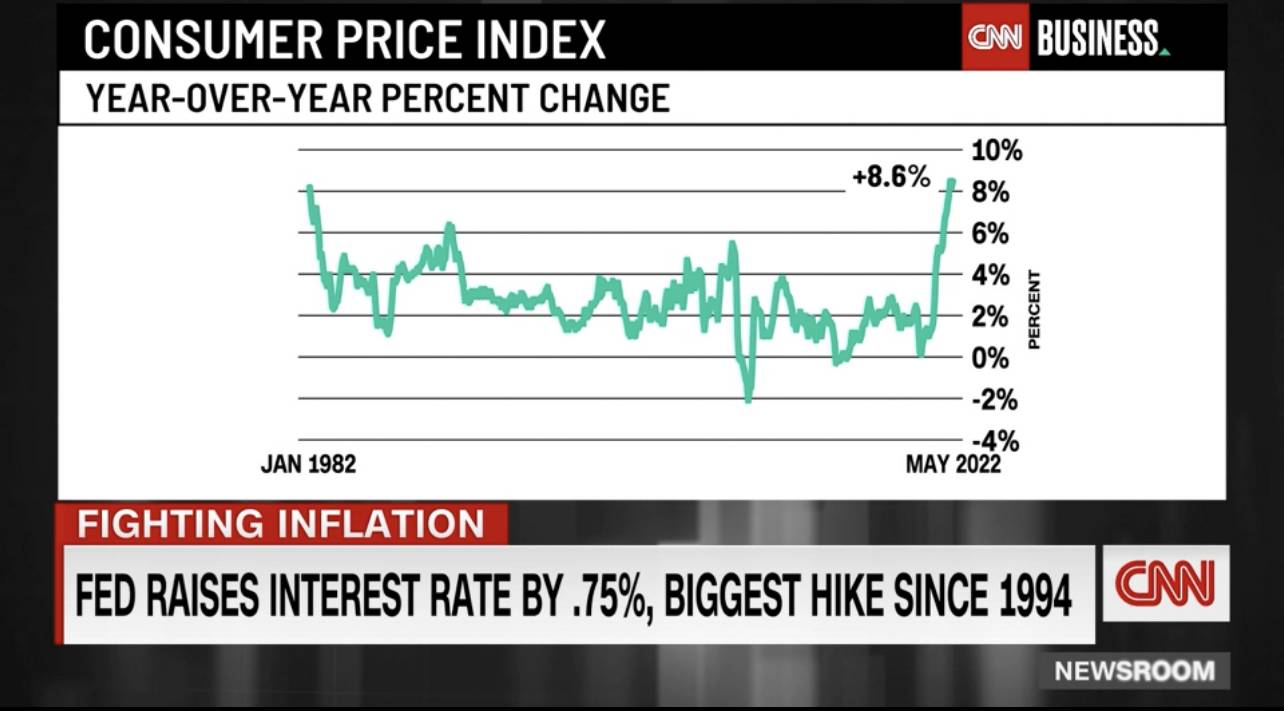Ghana has a higher than average percentage of young underemployment—nearly 50%—than the rest of Sub-Saharan Africa.
According to the World Bank, the problem of youth unemployment in Ghana is partially a reflection of the country's larger employment problems since young people are more acutely affected. According to the survey, Ghana's economy doesn't offer enough high-quality employment possibilities for people with little abilities.
As a result, the nation hasn't progressed along the conventional route of manufacturing-led growth. Manufacturing did not contribute as much to structural transformation between 1990 and 2018 as high productivity services did. hana has had a "renaissance" in manufacturing jobs since 2010, albeit with relatively poor productivity.
The research made note of the fact that the educational and training systems are failing to provide the necessary skills for the economy. This demonstrates both the poor quality of education and the insufficient connection between the educational and economic sectors.
"Falling participation rates and low levels of educational attainment characterise Ghana's labour force." It was also said that young people who try their hand at business and self-employment confront additional challenges.
The research also stated that self-employment and underemployment continue to be major issues in the nation and that the "Decent work" concept, which has been extensively accepted and pushed in Ghana to reduce underemployment, has not yet yielded any positive results.
While just 25% of those who are working are paid employees, 69 percent are either self-employed or support their families. Impact of COVID-19 on youth employment. According to the research, the COVID-19 epidemic worsened the problem of total unemployment, especially youth unemployment.
Seventy-seven percent of the population reported a decrease in family income in the first three months of the crisis, with many people unable to work as a result of closures.
In 2022, 68 percent of families said that their earnings had not yet returned to the levels they had before COVID-19. In the first two months of the epidemic in Ghana, 42,000 individuals lost their employment, according to the Association of Ghana Industries.
Due to the partial shutdown and closure of tourism and hospitality facilities nationwide over the previous three months, the country's tourist attraction industry alone lost $171 million.
 blogpay
blogpay
























